Category: Research
-
The legacy of redlining in America: Shanise Owens reveals health, wealth impacts in new study
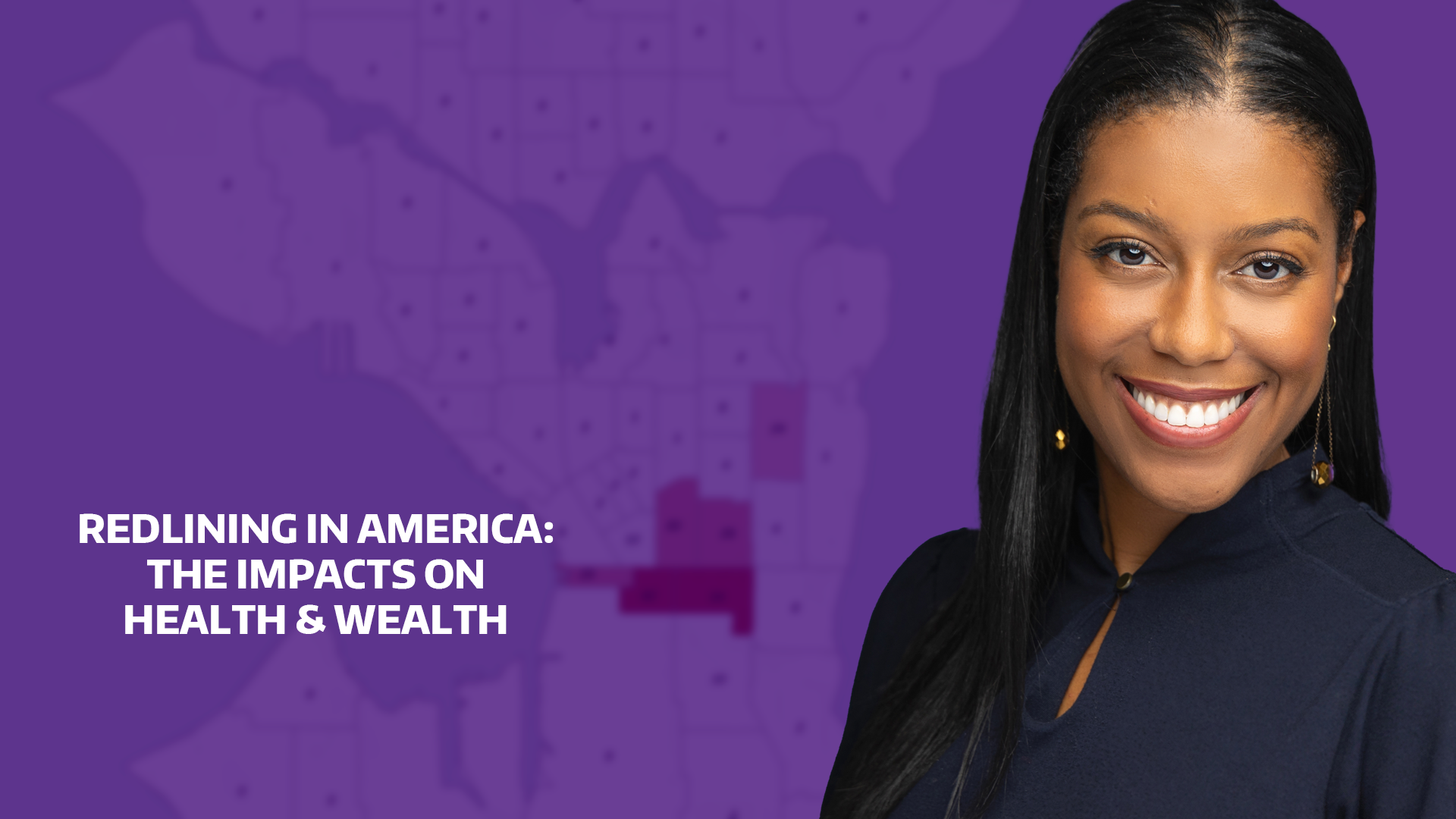
Recent Health Services PhD graduate Shanise Owens discusses her thesis, which digs into the lingering impacts of redlining on generational wealth and BMI.
-
UW researchers receive grant to streamline, improve addiction care in Zimbabwe
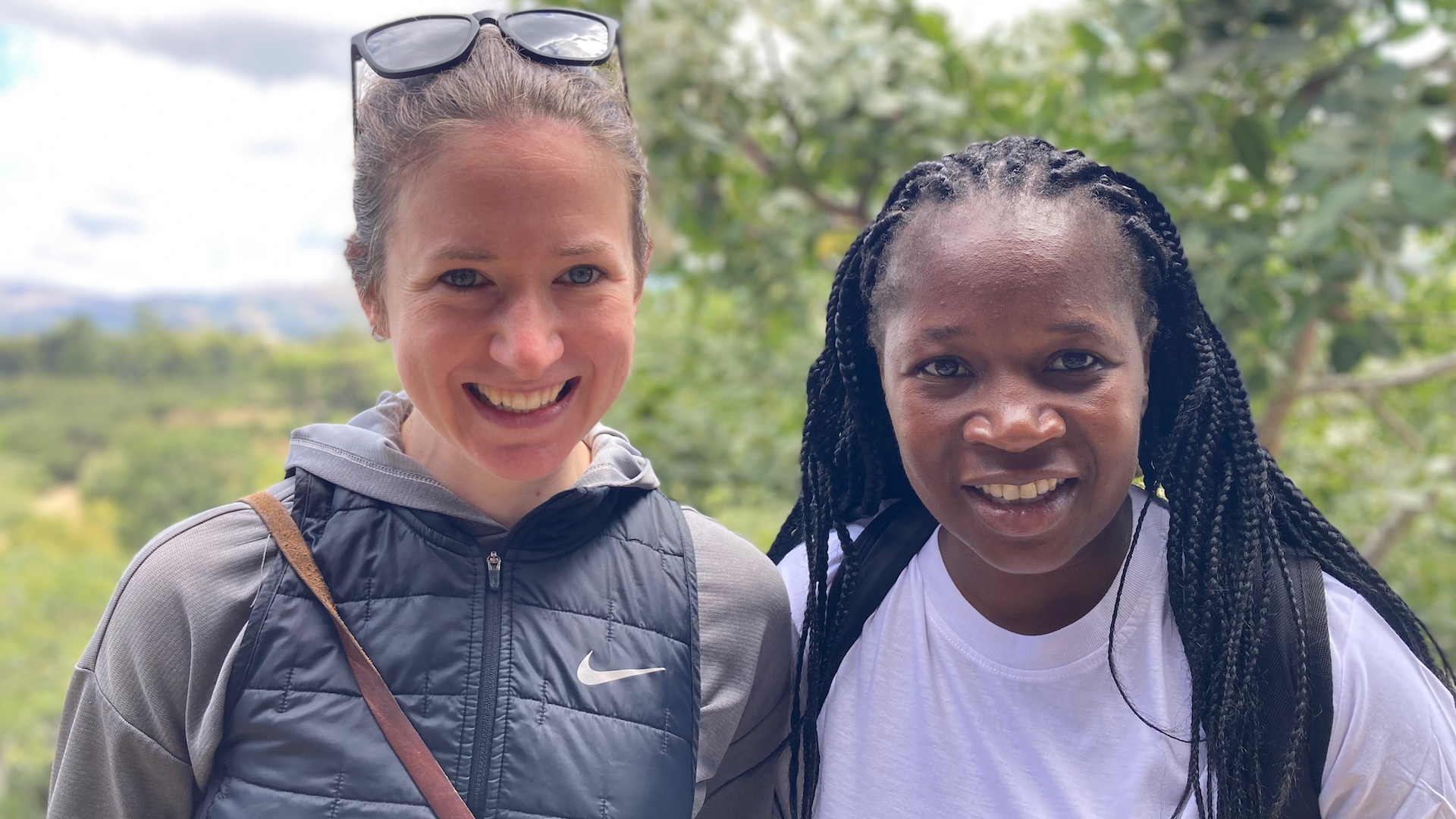
Facing a substance use disorder epidemic, Zimbabwe’s health care system is struggling to provide care to patients. UW researchers describe their Population Health Initiative-funded study aiming to help change that by implementing a quicker, simpler screening tool to identify those in need of addiction treatment.
-
Director of HIHIM programs contributes to book on health care management fundamentals
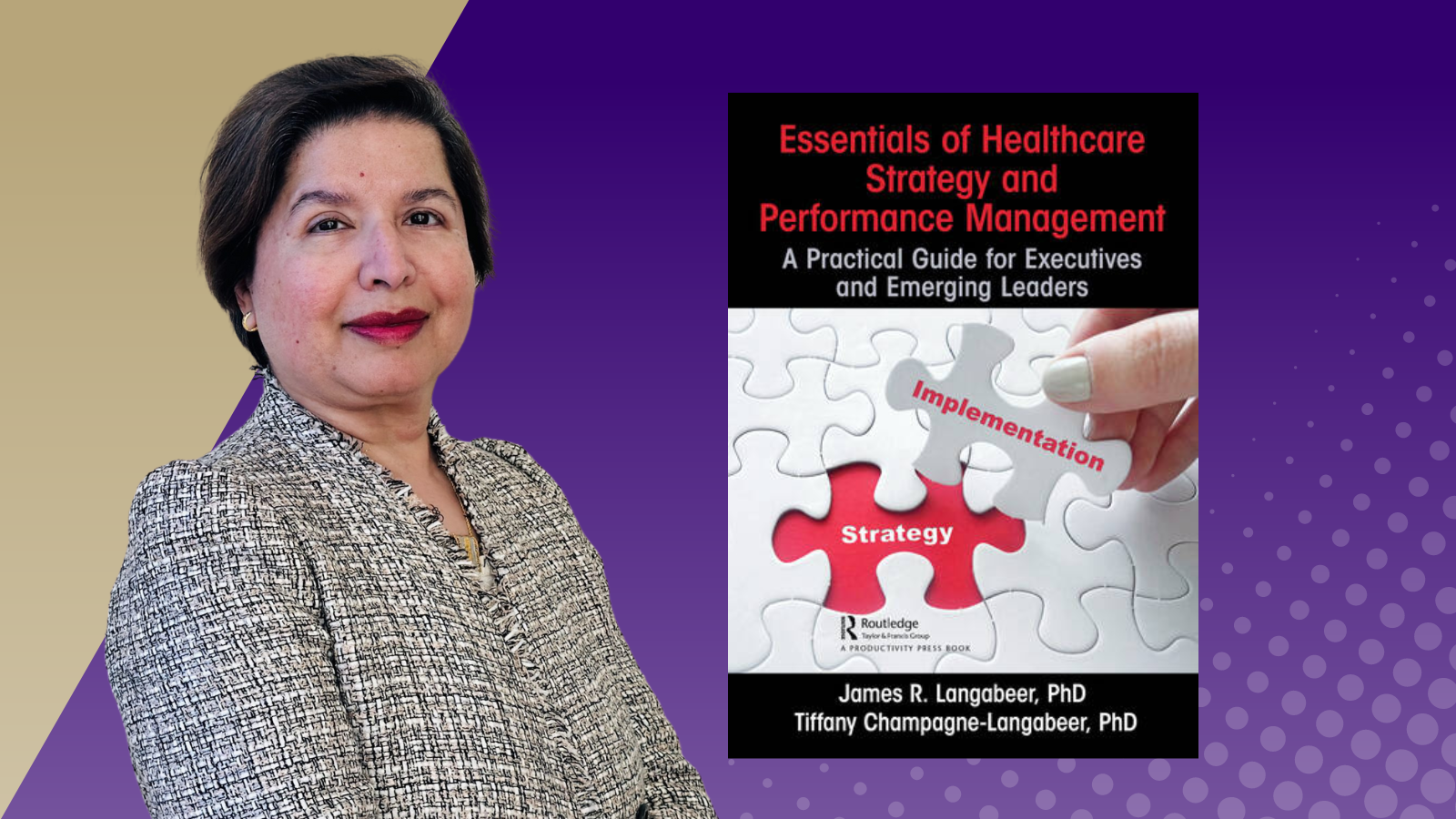
HIHIM Program Director’s research provides essential briefings on key topics in health care management that every current or aspiring health care leader needs to know.
-
Multi-substance use, including e-cigarettes, associated with poor mental health in college students
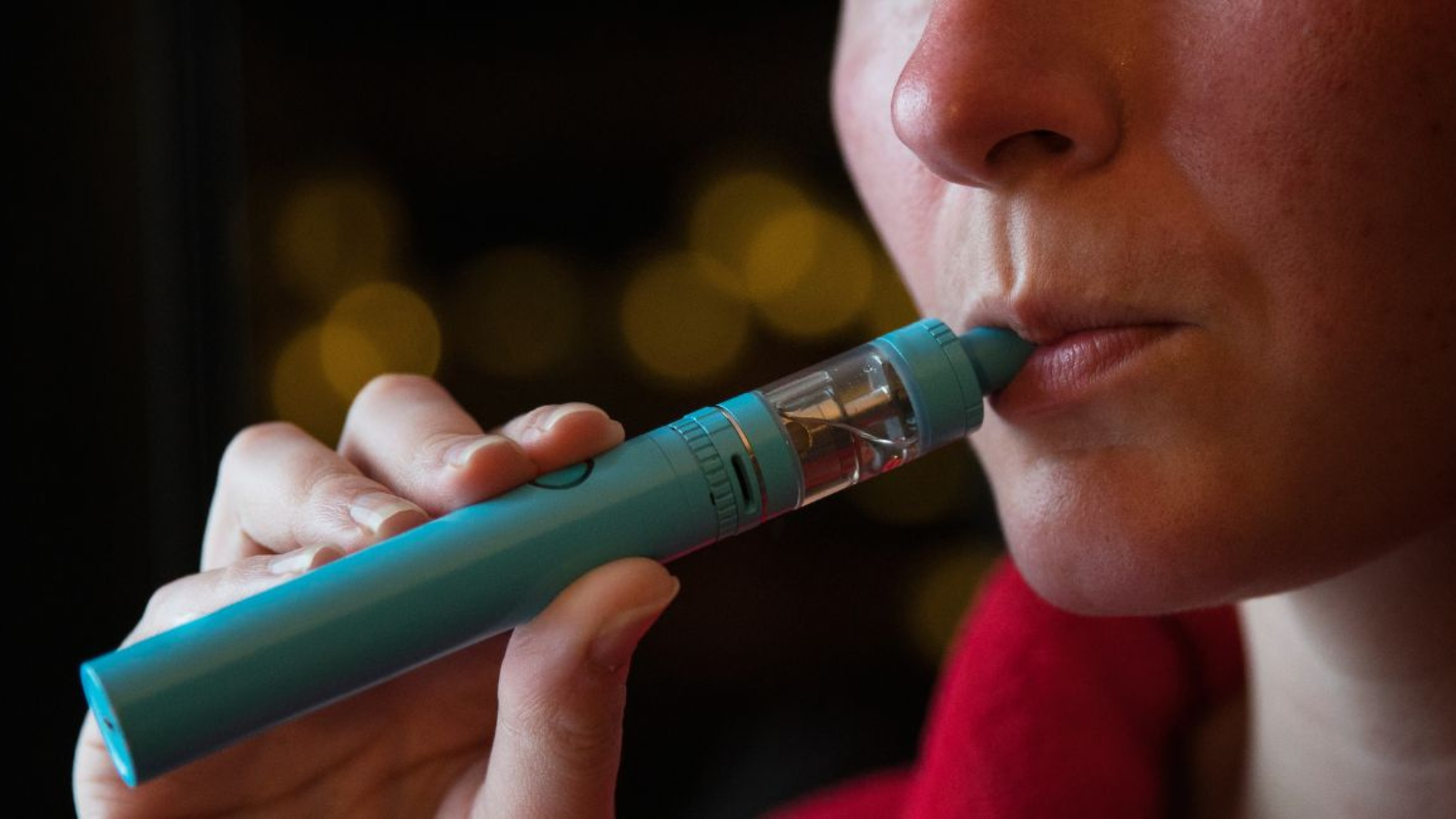
New research, led by Marie Kava, clinical assistant professor in Health Systems and Population Health (HSPOP), examines multi-substance, including e-cigarettes, and mental health among college students.
-
Sharing public health knowledge through short documentary filmmaking
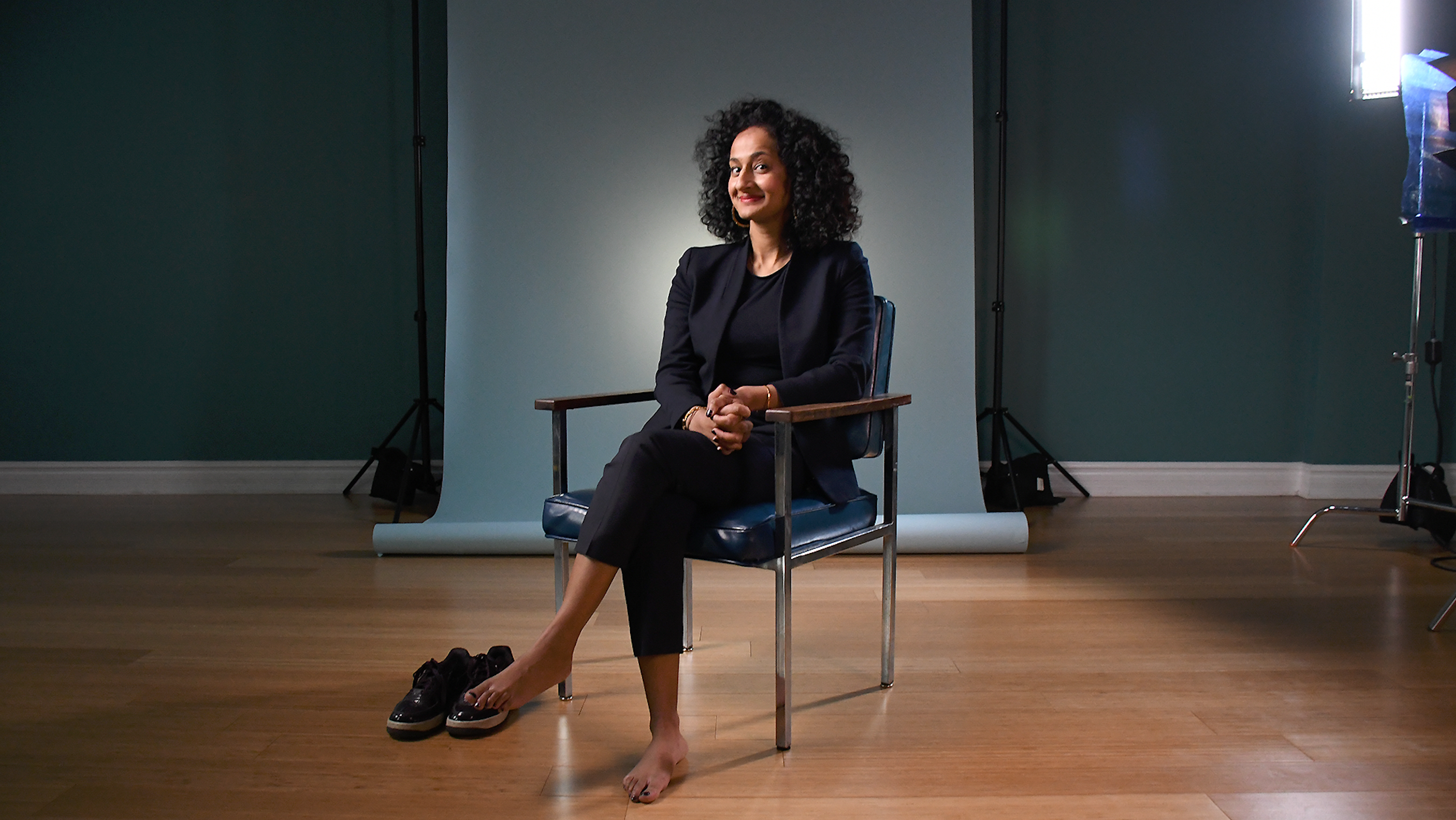
Dr. Megha Ramaswamy (PhD, MPH) disseminates insights from her public health research via her (S)HE video series, which stands for Sexual Health Empowerment, and shares stories from women with experiences of incarceration.
-
Are artificial sweeteners a safe sugar substitute?

Dr. Jim Krieger was interviewed by journalists at the New York Times about the safety of artificial sweeteners. Read below for more information and the full article.
-
Banta-Green advocates for Health Engagement Hubs
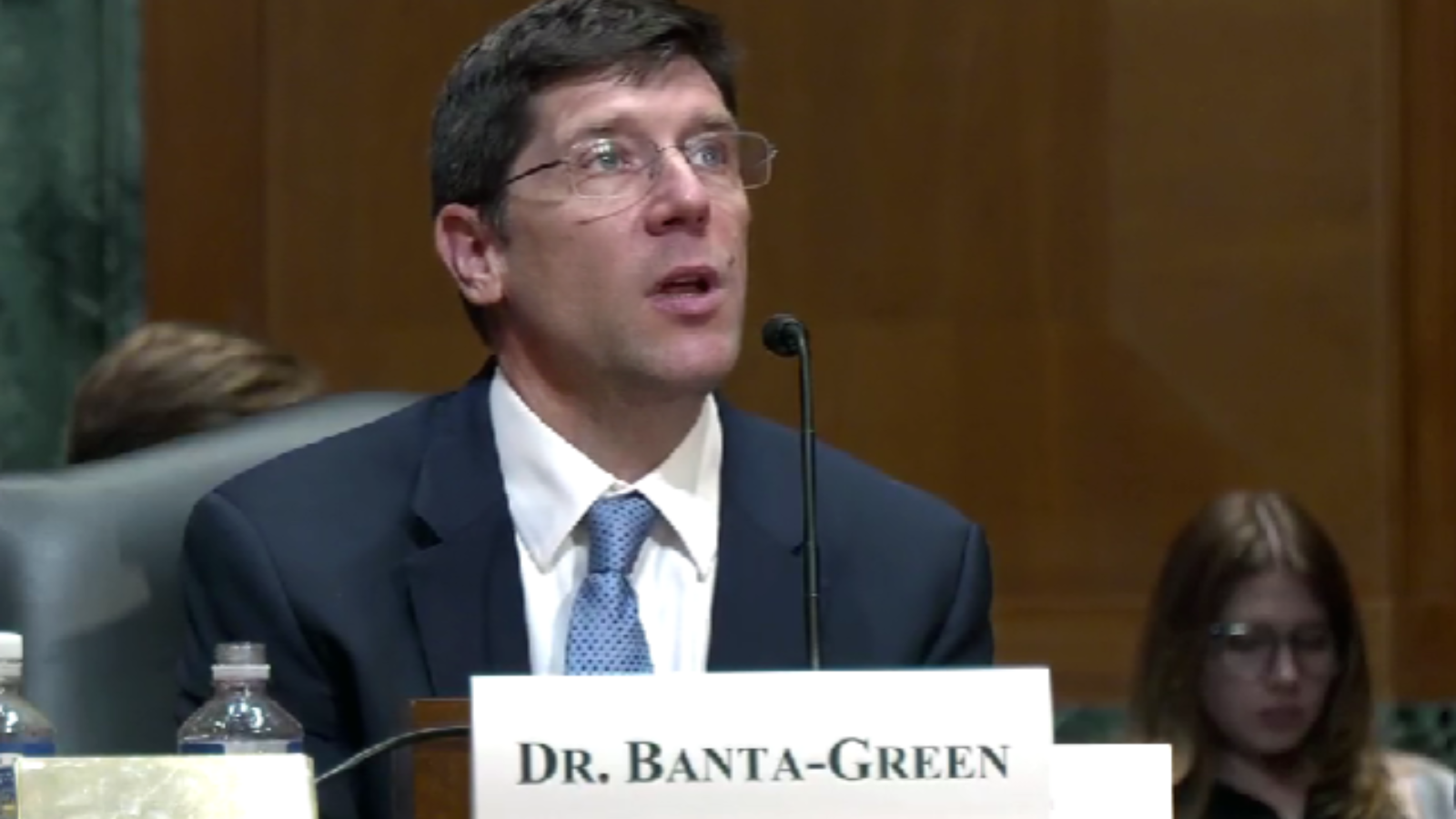
Caleb Banta-Green, professor at HSPop and Director of the Center for Community-Engaged Drug Education, Epidemiology & Research, co-developed Health Engagement Hubs to combat the opioid crisis. Banta-Green’s decades-long research shows significant reductions in opioid use and mortality leading to his advocating for a national implementation of the model.
-
Study recommendations come to fruition in new policies to combat fentanyl crisis
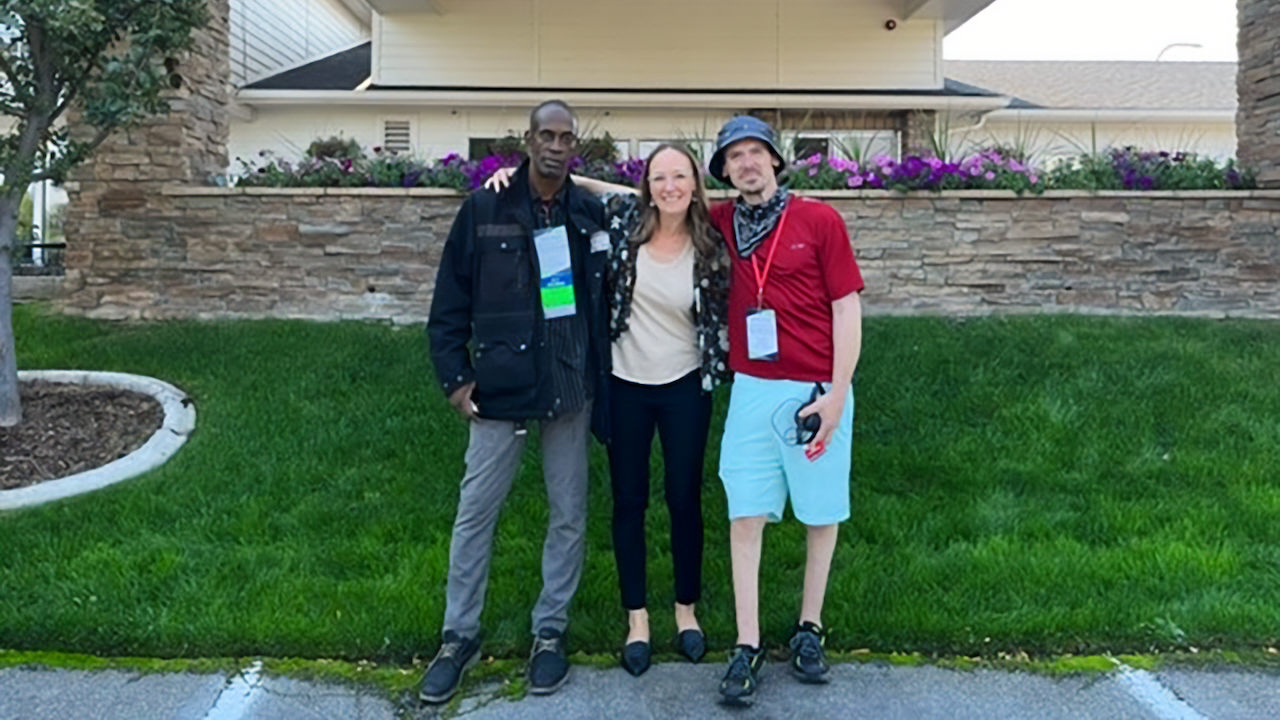
Researchers collected qualitative data from first responders as well as people who use drugs to glean their attitudes around three different policy ideas: leave-behind naloxone, buprenorphine, and HIV/HCV testing.
-
Sarah Munro receives grant to study equitable contraception access in British Columbia

Recently, Sarah Munro received funding from the Ministry of Health Research Seed Grant program, in partnership with UBC Health, to study the impact of two new policies in British Columbia. The province took the leap of making all contraception methods available for free, including the pill and IUDs.
-
Distress and depression rates soar among American transgender or gender-diverse adults

A new analysis of federal health data reveals rates of distress and depression among American adults who identify as transgender or gender-diverse (TGD) have more than doubled between 2014 and 2022.